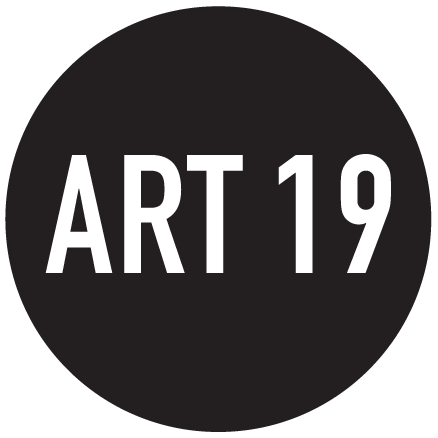Amnesty : GCC: Flawed laws exploited in pandemic to further crush freedom of expression
GettyImages
Countries of the Gulf Cooperation Council (GCC), specifically Bahrain, Kuwait, Oman, Saudi Arabia, and the United Arab Emirates (UAE), have used the COVID-19 pandemic as a pretext to continue pre-existing patterns of suppressing the right to freedom of expression in 2020, said Amnesty International today in a detailed statement.
Across these states, flawed laws are being used to criminalize “false news” to summon, arrest, investigate and prosecute individuals who post content on social media about the pandemic or the government’s response to it.
Lynn Maalouf, Amnesty International's Deputy Regional Director for the Middle East and North Africa, said:
“The GCC states have failed to justify how these measures are necessary and proportionate for the protection of public health. Individuals are being subjected to harassment and intimidation simply for discussing the pandemic online, in a clear breach of their right to freedom of expression.
The GCC states have failed to justify how these measures are necessary and proportionate for the protection of public health. Individuals are being subjected to harassment and intimidation simply for discussing the pandemic online, in a clear breach of their right to freedom of expression.“
Lynn Maalouf
“Once again, GCC states opt for using what means they have at their disposal to silence any public debate, in this instance about the pandemic and are clearly more concerned about averting public scrutiny than about protecting public health. Access to information is in fact essential for keeping the public up to date on how to protect themselves from the virus.
“We therefore call on the GCC states to not only put an end to such unwarranted practices and ensure people can express themselves without fear of reprisals, but also to urgently step up their efforts to ensure they are the disseminating reliable, accessible, evidence-based and trustworthy information, which is crucial to counter false and misleading information.”
Amnesty International has reviewed official statements by these countries, issued via government social media accounts and comments given by government sources for reporting in the controlled domestic press, for the period from March to present.
Background
The right to freedom of expression is protected under international human rights law, primarily under Article 19 of the International Covenant on Civil and Political Rights and of the Universal Declaration of Human Rights. Bahrain and Kuwait have both acceded to the Covenant. Oman, Saudi Arabia, and the UAE are among the roughly 7% of UN member states that are not parties to the Covenant.
All of the GCC states have overbroad laws on “public security”, which are frequently used to punish protected expressions. In recent years, the Gulf countries have added new repressive statutes under the title of counterterrorism or cyber-security laws, but many provisions in their long-standing penal codes are also incompatible with the right to freedom of expression and continue to be used to suppress online critics.
Blanket prohibitions on the dissemination of information, based on vague and ambiguous concepts such as “false news” or “spreading misinformation,” are incompatible with international human rights law and standards. International law does not permit general prohibitions of expressions of an erroneous opinion or an incorrect interpretation of events.
Article published on www.amnesty.org.

